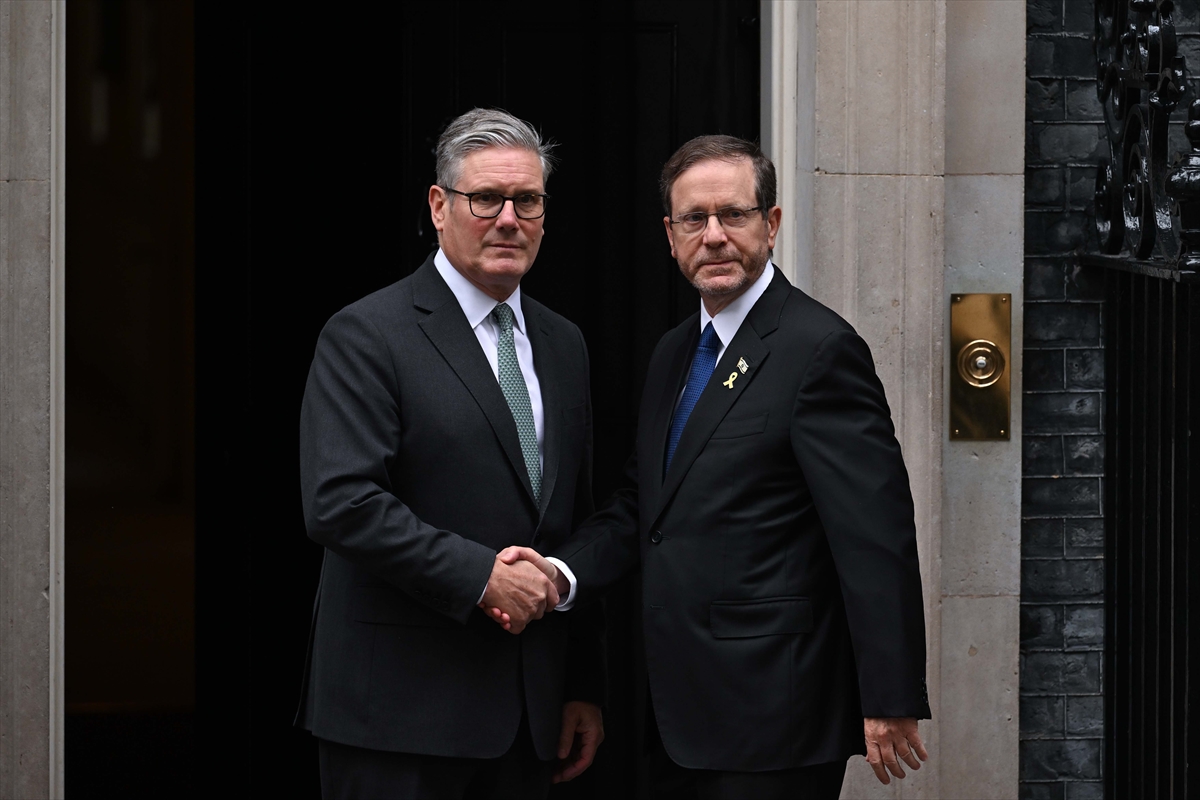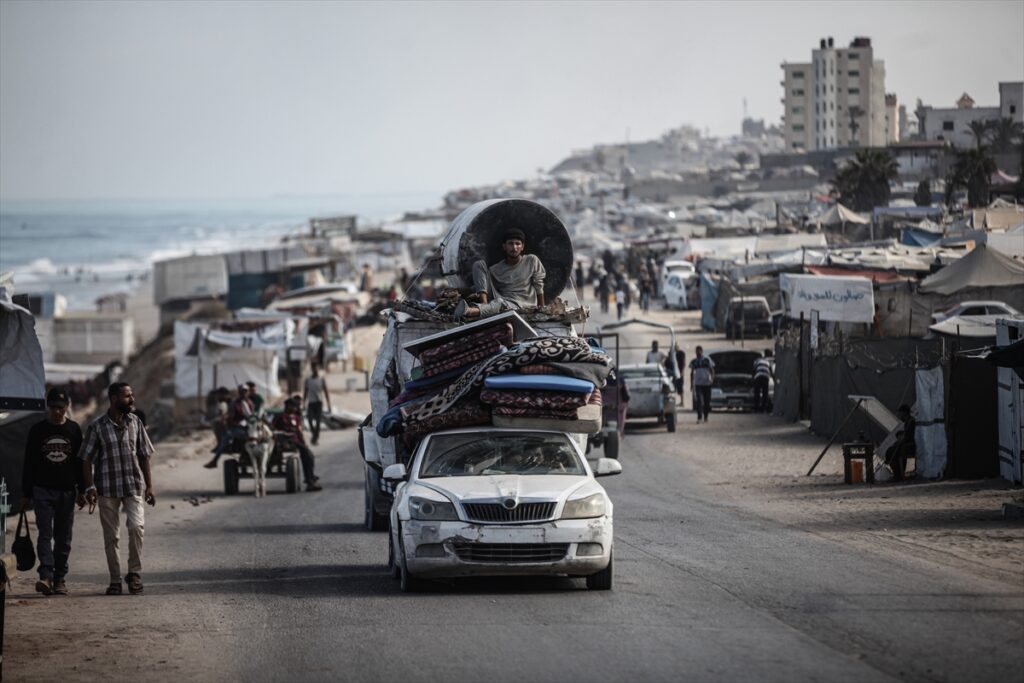
By Nadine Osman and Ahmed J Versi
LONDON, (The Muslim News): An Israeli airstrike on Hamas officials in Doha on Tuesday has left Qatar exposed, undermining one of the Middle East’s few trusted diplomatic mediators. The attack on a densely populated area has drawn widespread international condemnation and highlighted deep divisions in regional diplomacy, raising urgent questions about the erosion of state sovereignty and the fragility of peace-making in a region already fraught with conflict.
Israel’s military stated it conducted a “precise strike” against Hamas leadership, an attack that killed six people and immediately drew fierce rebukes from world powers. Russia labelled the operation a “gross violation of international law and the UN Charter,” while Iran condemned it as a “highly dangerous and criminal act” that violates Qatar’s territorial integrity. China also criticised the strike and took aim at external powers for their “severely unbalanced positions”—a clear reference to the US.
Despite these condemnations, the lack of a unified or consequential response has underscored Qatar’s vulnerability. The threat of further escalation was made explicit by Israeli Ambassador to the US Yechiel Leiter, who warned, “If we didn’t get them this time, we’ll get them the next time.”
A Fractured Regional Front
Israel’s strike on Hamas negotiators in Doha has left Qatar politically exposed, highlighting divisions among regional powers. Qatar’s Prime Minister, Sheikh Mohammed bin Abdulrahman Al Thani, condemned the attack as “state terrorism” that “killed any hope” for the remaining hostages in Gaza, while insisting the country “reserves the right to respond.” By contrast, the Arab League adopted a cautious stance. “The situation does not warrant any retaliatory steps,” Assistant Secretary General Hossam Zaki told the BBC, dismissing Israel’s justification for targeting long-time Doha residents as a “very lame explanation.” The bloc’s tepid response leaves Qatar to defend its sovereignty and diplomatic credibility largely alone.
Qatar’s influence extends far beyond the Gulf. It has hosted US–Taliban negotiations, brokered the Darfur Peace Agreement, mediated tensions between the Democratic Republic of Congo and Rwanda, and played a key role in ceasefire talks between Iran and Israel. Striking within Doha not only violated its sovereignty but also threatened one of the few diplomatic actors trusted by multiple parties in conflicts where Western mediation is often viewed with suspicion.
The West’s Muted Outrage: A Tepid Response to a Sovereign Violation
The reaction from Western powers to the strike on sovereign Qatari territory was marked by caution and procedural statements, drawing criticism for a tepid response to a clear breach of international law.
In the UK, the government’s response stopped short of an explicit legal condemnation. When The Muslim News asked the Prime Minister’s spokesperson whether Keir Starmer endorsed the Qatari government’s position that Israel’s bombing of a residential area in Doha constituted a “violation of international law,” No. 10 Downing Street acknowledged the seriousness of the incident, stating: “It very clearly violates Qatar’s sovereignty and risks further escalation across the region.”
However, the spokesperson avoided addressing the legal dimension directly. Pressed further by The Muslim News whether the strike amounted to a breach of international law, as mentioned by Qatar, he disagreed with Doha government and declined to give a definitive answer and instead cited the Prime Minister: “International law is ultimately a matter for the courts.”
Starmer’s private condemnation conveyed to the Amir of Qatar was notably absent from his public remarks, a contrast underscored by his unequivocal language on another international incident the very same day. Addressing Russia’s actions, the Prime Minister was far more forthright, “This morning’s barbaric attack on Ukraine and the egregious and unprecedented violation of Polish and NATO airspace by Russian drones is deeply concerning… This was an extremely reckless move by Russia.”

Palestinians flee along Gaza’s Rashid Street amid intensified Israeli attacks on September 10. Credit: Moiz Salhi/AA
The US response was similarly muted. President Donald Trump characterized the deadly strike as an “unfortunate incident” and said he was “very unhappy.” The White House’s claim of providing advance warning was directly contested by Qatari officials. A foreign ministry spokesperson in Doha stated the US call “came during the explosions caused by the Israeli attack.”
Western reactions, however, revealed a consistent preference for political alignment over legal principle. This was made stark in a Conservative Party lobby briefing, where the focus was on solidarity with Israel rather than compliance with international legal norms. The Opposition’s Spokesperson told The Muslim News: “We’re not going to condemn Israel for taking out the people who orchestrated the 7/7 [he meant October 7] massacre and who still hold multiple Israeli hostages.” When asked directly about the legality of assassinating officials on the territory of a sovereign state, the Spokesperson doubled down: “I’m not going to condemn Israel for taking on Hamas leadership.”
Feature photo: Israeli President Isaac Herzog and UK Prime Minister Keir Starmer meet at 10 Downing Street in London on September 10, 2024. (Credit: Raşid Necati Aslım/AA)